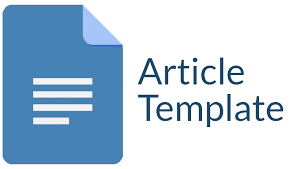INOVASI APLIKASI TRANSPORTASIKU DI DINAS PERHUBUNGAN KOTA SURABAYA
DOI:
https://doi.org/10.26740/publika.v9n1.p199-214Keywords:
Public Service, Innovation, E-Government, TransportasiKuDownloads
Download data is not yet available.
 Abstract views: 691
,
Abstract views: 691
, PDF Downloads: 823
PDF Downloads: 823





